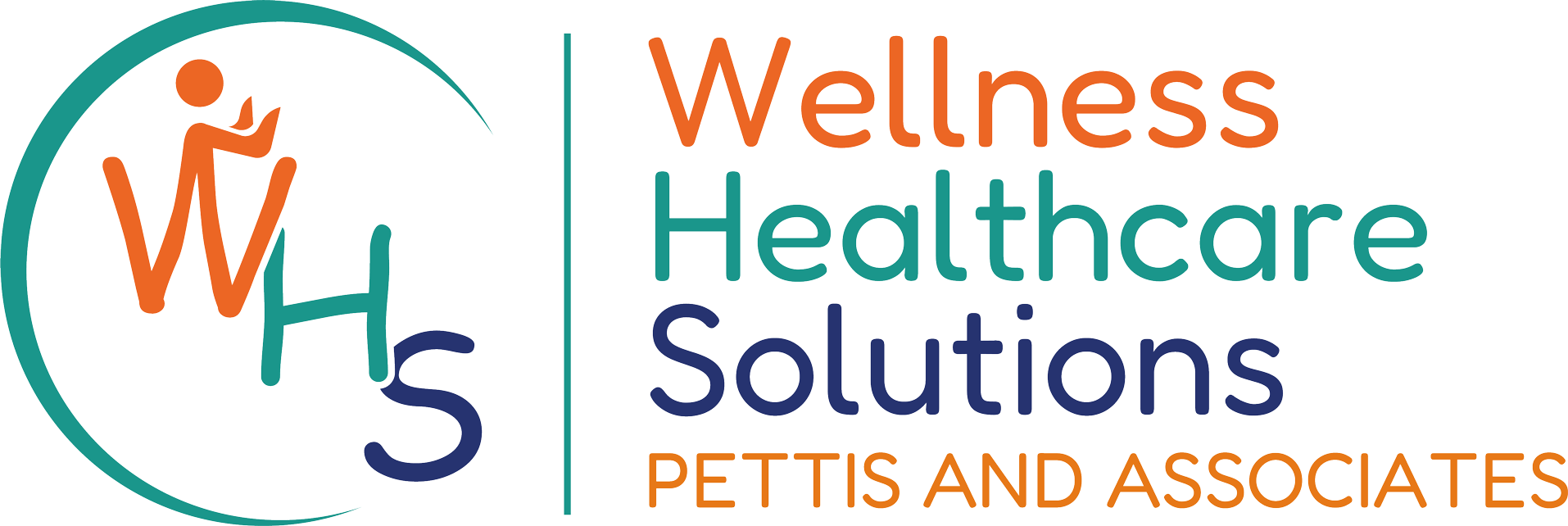Texas Home Living Program (TxHml)
Texas Home Living Program (TxHml)
Texas Home Living Program (TxHml) provides essential habilitative services for those with intellectual, developmental disabilities and mental health challenges in the aging and disabled population that either live with their families or in their own homes. Meeting the needs and abilities of this segment of the community, the various programs offered foster improvement of living in addition to facilitating an individual’s ability to perform functional living skills and other daily activities either in the individual’s home or in their family’s home.
Those that are eligible have access and use of services and resources that include participation in typical community activities and access and use of services that expand on or sustain the individual’s natural support network Financial eligibility is determined by the Texas Health and Human Services Commission. Program is available statewide.
Eligibility Is Comprised Of The Following
For the disabled, a determination of mental retardation has been made in accordance with state law or a diagnosis has been made by a physician
An individual cannot be enrolled in another Medicaid waiver program
An individual cannot be assigned a pervasive plus level of need (LON 9)
The participant’s plan of care does not exceed the programs annual cost limit
The participant has chosen TxHml over the Intermediate Care for Facility for Persons with Mental Retardation.

Services of the Program Include the Following
Minor Home Modifications
The Minor Home Modifications program provides physical adaptations to an individual’s home necessary to ensure the health, welfare, and safety of the individual. To promote safety in the home and to allow the aging or disabled to remain independent, the Minor Home Modification program is for any person 60 years of age or older or disabled individuals, who are under the age of 60. The program supports those requiring assistance with bars in the bathroom, hand held showers, shower chairs, raised toilet seats, ramps, door locks and limited electrical and plumbing repairs. The minor home modifications service does not include adaptations or improvements to the home that are of general utility, are not of direct medical or remedial benefit to the individual, or add to the total square footage of the home. Minor home modifications are limited to the purchase and repair of mobility/wheelchair ramps, modifications to bathroom facilities, modifications to kitchen facilities and specialized accessibility and safety adaptations.
Adaptive Aids
The Adaptive Aids program provides adapted utensils and assistive devices that help make life easier for the elderly, seniors and disabled. Adaptive aids are devices that help with everything from bathing, feeding, dressing, positioning and moving about. Adaptive aids are provided to address specific needs and are limited to lifts, mobility aids, control switches/pneumatic switches and devices, environmental control units, safety restraints and safety devices. Adaptive aids do not include items or supplies that are not of direct medical or remedial benefit to the individual or those that are available through Medicaid, other governmental programs or private insurance.
Specialized Therapies
To help expand on the quality of life with specific focus on wellness programs and preventative self-care, the specialized therapy program can include therapies that address audiology, speech/language pathology, occupational therapy, dieticians, physical therapy, and dietician services and includes training and consultation with an individual’s LAR, family members or other support providers. Specialized therapies are reimbursed on an hourly unit basis.
Behavioral Support
The Behavioral Support service provides specialized interventions that assist an individual to increase adaptive behaviors that replace or modify maladaptive or socially unacceptable behaviors that prevent or interfere with the individual’s inclusion in the home, family life or community life. In the Behavioral Support program, individuals participate in typical community activities that may lead to successful employment. The program provides access and use of services and resources available to all citizens in the individual’s community, interaction with family members of the community and access and use of non TxHmL program services or supports for which the individual may be eligible and which expand or sustain the individual’s support network.
Dental Treatment
The Dental Treatment service may be provided up to a maximum of $1,000 per individual per year for emergency dental treatment, preventive dental treatment, therapeutic dental treatment and orthodontic dental treatment, excluding cosmetic orthodontia.
Nursing
The Nursing Services provide treatment and monitoring of health care procedures as prescribed by a physician or medical practitioner as required by standards of professional practice or state law and must be performed by a licensed nurse. Components include administration of medication, monitoring of an individual’s use of medication, monitoring of health data and information, assisting an individual to secure emergency medical services, making referrals for medical services, performing health care procedures ordered by a physician or medical practitioner in addition to delegating tasks assigned to other service providers in accordance with state law.
Community Support
The Community Support service provides assistance with medications and the performance of tasks delegated by a registered nurse in accordance with state law. The community support service may not be provided at the same time that the respite, day habilitation, or supported employment service component is provided.
Respite
The Respite Service is provided for the planned or emergency short-term relief of the unpaid caregiver of an individual. This program provides an individual with assistance relative to activities of daily living and functional living tasks such as assistance with planning and preparing meals, transportation or assistance in securing transportation, assistance with ambulation and mobility, assistance with medications and performance of tasks delegated by a registered nurse in accordance with state law and habilitation and support that facilitate an individual’s inclusion in community activities, use of natural supports and typical community services. Respite is provided on an hourly or daily unit basis. Respite may be provided in the individual’s residence or may be met in other locations when stated in the Program Provider Certification Principles.
Day Habilitation
In the Day Habilitation program, individuals are assisted with acquiring, retaining or improving self-help, socialization and adaptive skills necessary for living successfully within the community and in the home. These activities are performed in a group setting outside of the individual’s home and range up to five days a week, six hours a day. Personal assistance is available for persons who cannot manage personal needs in addition to assistance with medications and the performance of tasks delegated by a registered nurse. This services also provides transportation necessary during the day for the individual’s participation in day habilitation activities.
Employment assistance
The Employment Assistance service assists individuals in locating paid employment within the community. Participation is based on identifying an individual’s employment preferences, individual job skills, an individual’s requirements for the work setting and work conditions. The employment assistance provider facilitates the individual’s employment by contacting prospective employers and negotiating the individual’s employment. The employment assistance service must be re-authorized by the individual’s service planning team every 180-calendar days after the initiation of the service component.
Supported employment
In the Supported Employment program, services may only be provided when the service has been denied or is otherwise unavailable to an individual through a program operated by a state rehabilitation agency or the public school system. Supported employment is provided away from the individual’s place of residence and does not include payment for the supervisory activities rendered as a normal part of the business setting. Supported employment does not include services provided to an individual that does not require such services to continue employment. An individual’s program provider may not be the employer of an individual receiving supported employment unless a variance is approved by DADS. An individual receiving supported employment is compensated directly by the individual’s employer in accordance with the Fair Labor Standards Act.
Getting Started with TxHmL
If you or your loved one may qualify for the Texas Home Living Program, we’re here to help you begin the process. We can walk you through eligibility requirements, explain the available services in detail, and work with you to create a personalized plan of care that supports your independence and quality of life. From home modifications for safety, adaptive equipment to make daily tasks easier, specialized therapies, to in-home support, TxHmL can connect you with the right resources.
